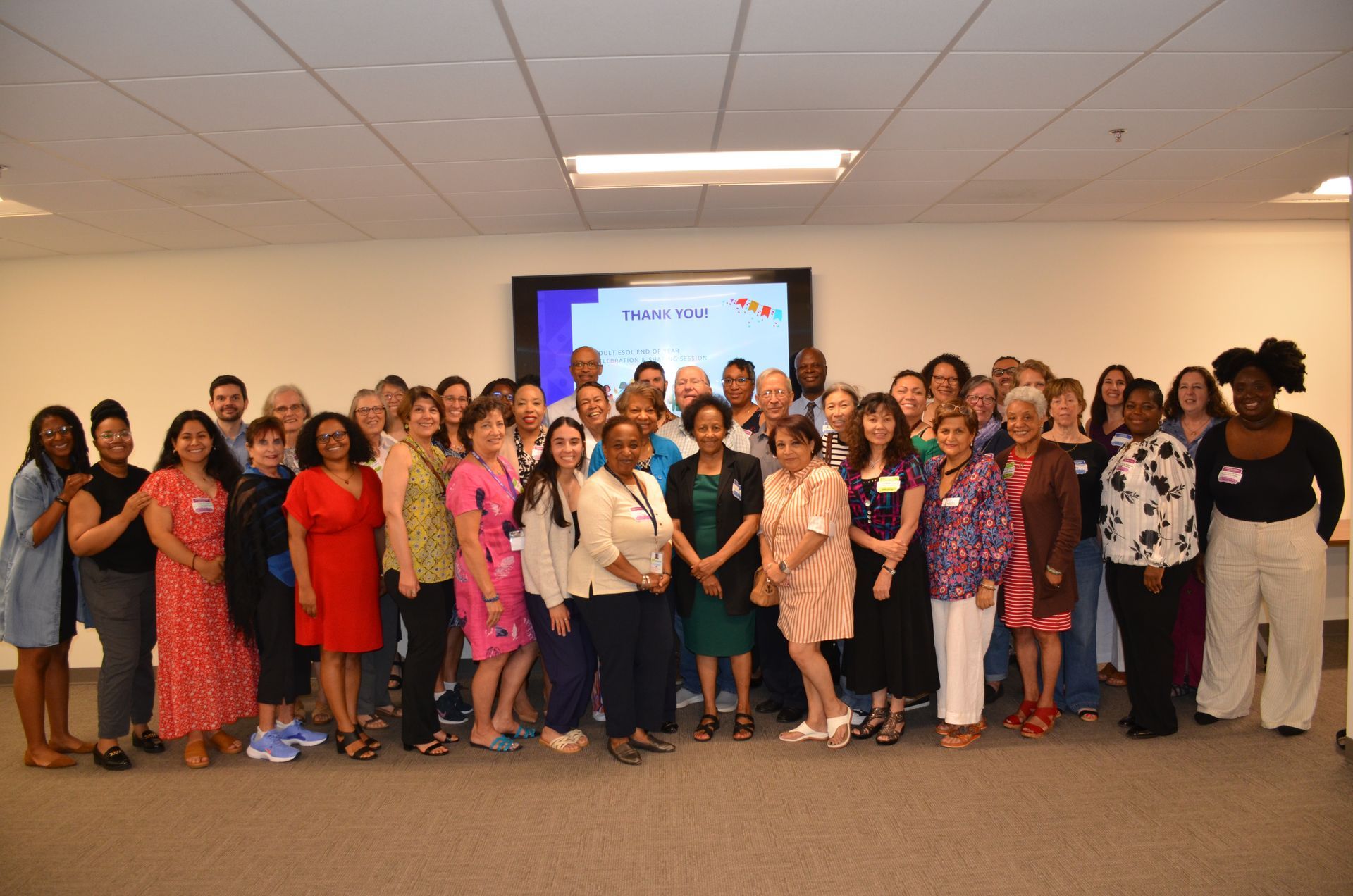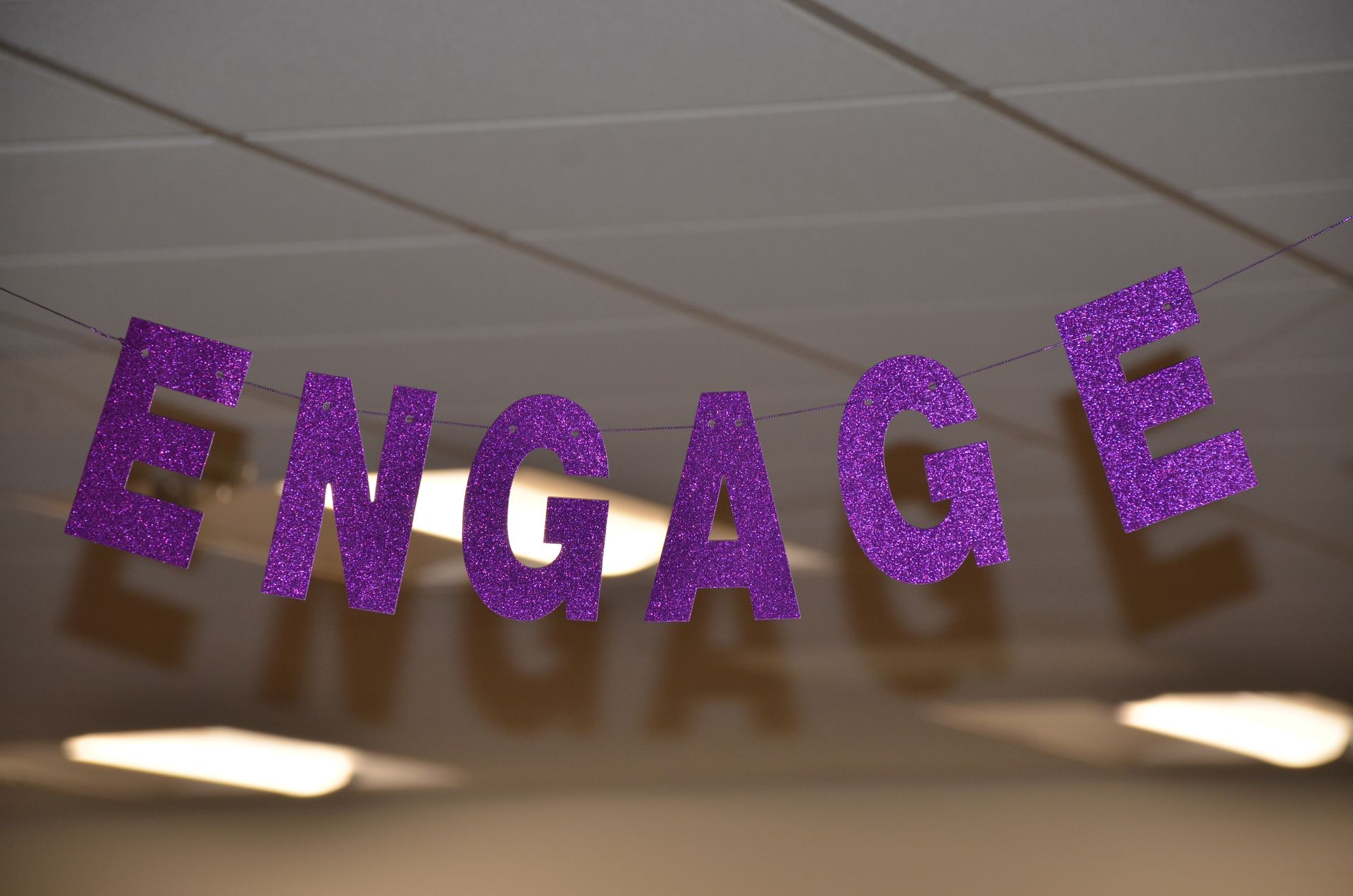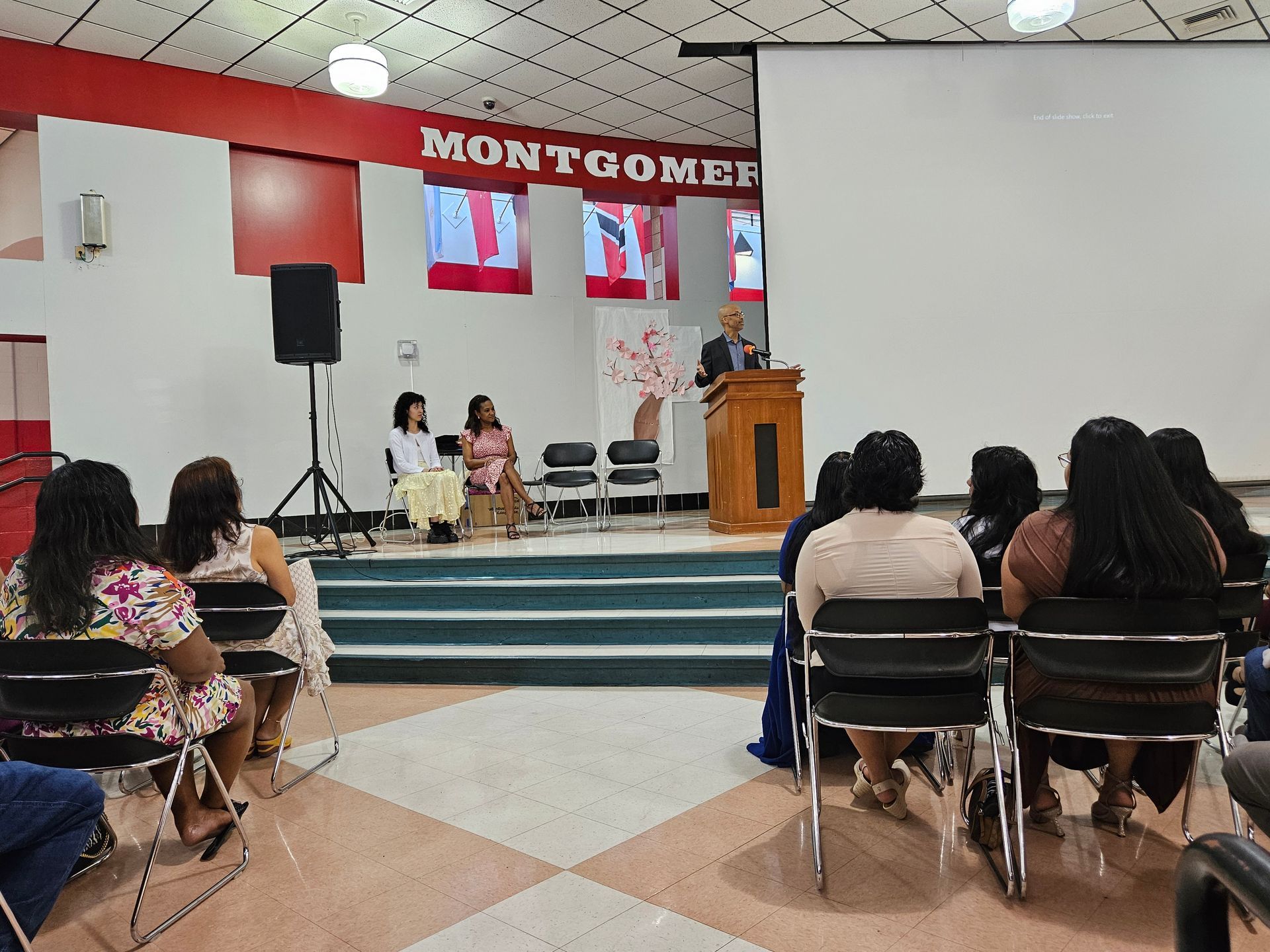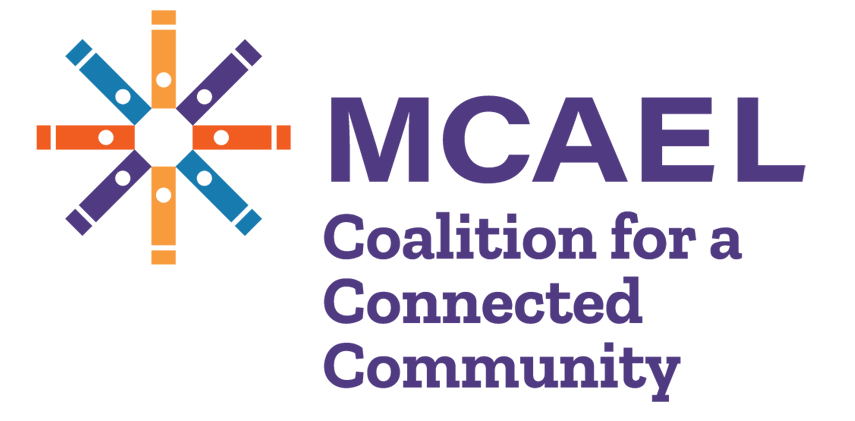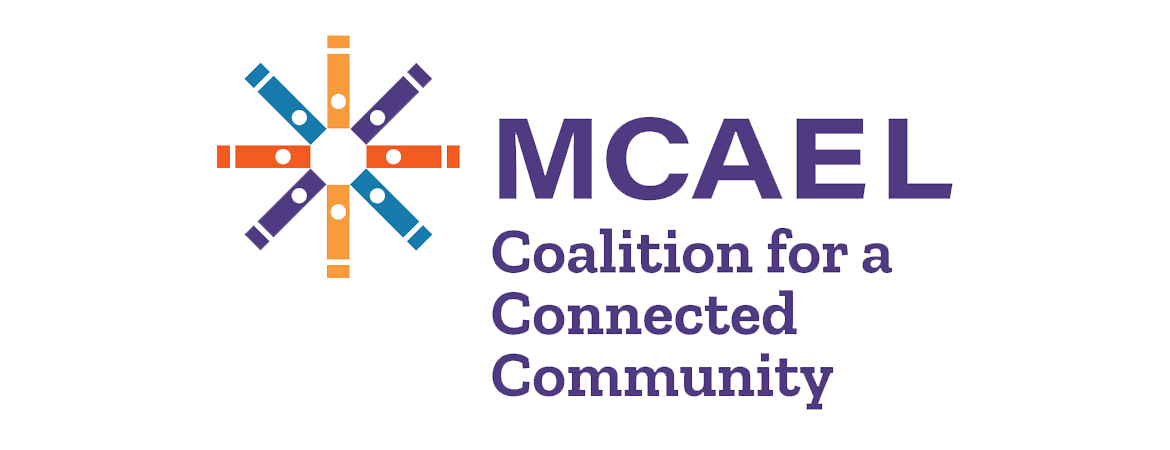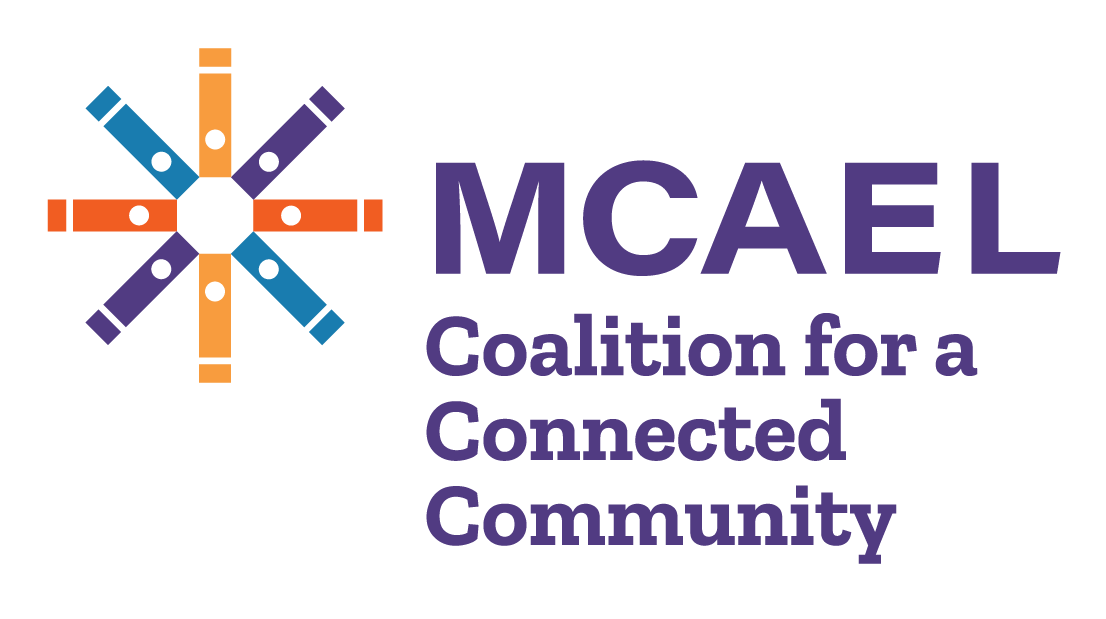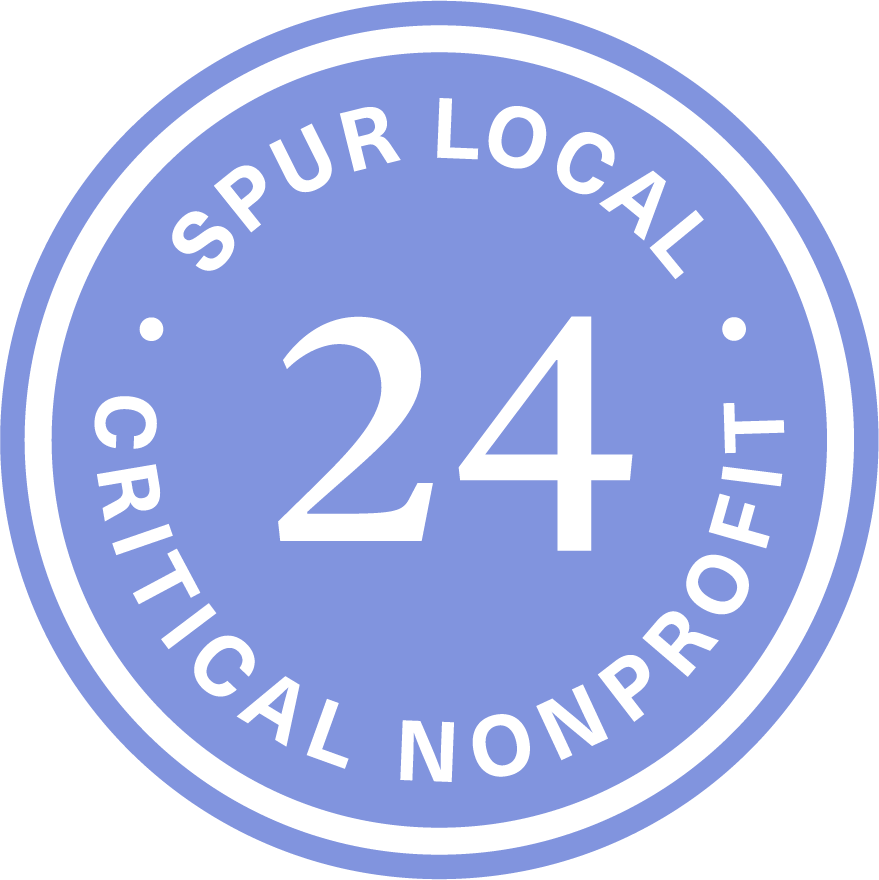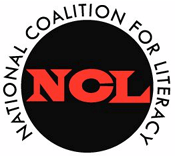Tables or Technology?

We are approaching another set of holidays where, in pre-pandemic times, sitting together with family and friends around a table for a Seder dinner or Easter brunch was a typical and special part of the celebrations. Gathering at tables was essential.
Over the last year, we have substituted technology for tables. We’ve gathered in squares on screens—Zoom Seders, Thanksgiving and Christmas Zoom meals and celebrations; you name it, we have Zoomed it. Technology has helped us remain connected to important life events. I have attended a Zoom wedding and a Zoom memorial service, and I have friends who attended a Zoom bris! Having access to technology and the ability to innovate has salvaged some sense of interconnectedness, especially for major life events.
MCAEL’s work has moved to solutions based on distance learning and technology. What has become obvious to me for the future is that we should not be making choices about gatherings in “either/or” terms , that is, either in person or virtually.. Instead, we should be thinking in “and” terms: how do we maximize the positives of being in person and using on-line tools?
While technology has allowed new learners to join classes, especially young parents, for whom the on-line class structure has reduced the childcare, transportation, and time challenges they face. However, many others do not have reliable WiFi or computers that are necessary to fully participate in classes. Further, to build relationships, conduct pre- and post-testing, and support learners, there is still a need for in-person time. As I see it, the next steps are not to decide “when we are going back 100%” for everything, but rather how we integrate online and in person experiences to expand inclusivity, leverage time, and create safe spaces for our work and our celebrations. One can imagine a class that meets at the beginning and end of the session and perhaps one time in the middle as needed.
I certainly do miss the table gatherings. I miss setting a dinner table and I miss setting a meeting table. We will be back at in person tables and we will have new hybrid models with which to work. The possibilities to serve more adult learners and connect in different ways are exciting.
As we work on this, I wish you all a Happy Easter and Passover and hope that you enjoy whatever gatherings and celebrations that are available safely to you now.
Kathy Stevens
Executive Director, MCAEL
